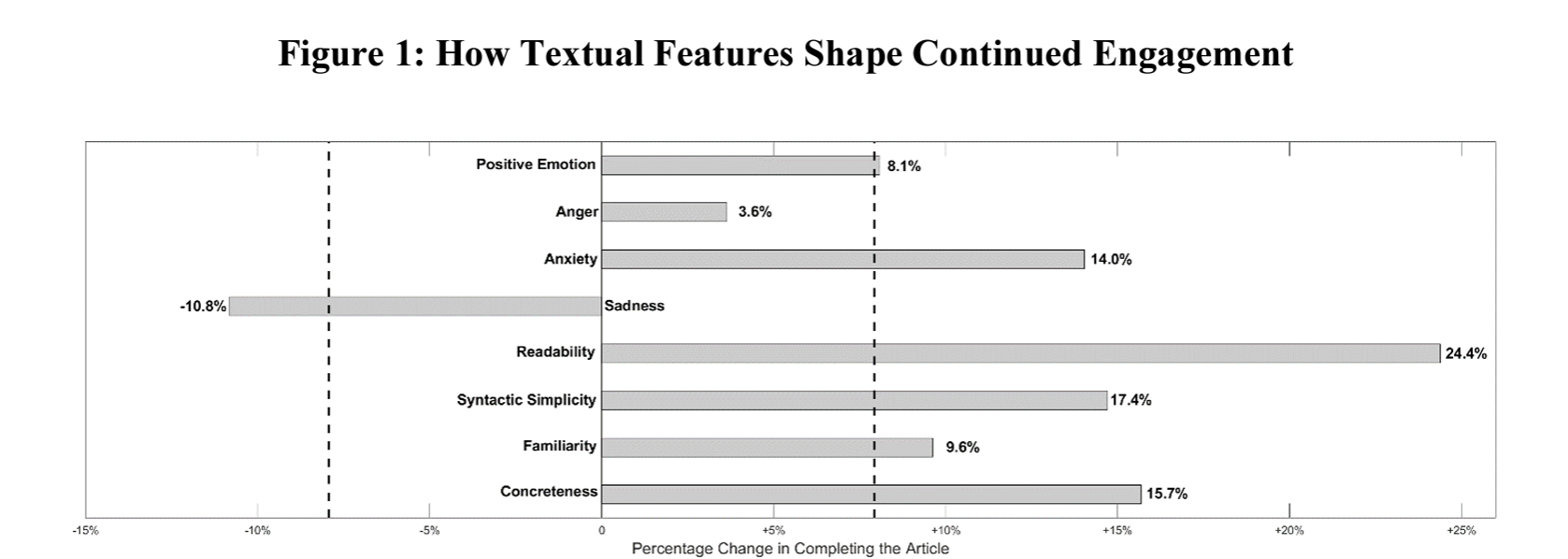Are You Defining Engagement Downward?
Aah Engagement, a euphemism if there ever was. An English word that once had meaning, twisted and contorted to its lowest common denominator of likes, clicks and superficial, mostly meaningless outcomes.
Too many groups jump to the end and cobble together non-financial behaviors (click, like, attend, follow) and call it an “Engagement Score”.
Facebook calls engagement data “irrelevant”, saying it has “no more chance of predicting actual business outcomes than a random guess.”
Engagement is not an outcome or behavior. It’s a state of mind conceptualized as a splash of passion, enthusiasm and fascination creating a more mentally involved and engrossed supporter.
So, what causes actual Engagement? You know, spending quiet time reading or watching your content. No clicks required.
There are several key ingredients to greatly increase the chance a human continues spending meaningful time (i.e. engages) with your content,
Easy to read. This is called processing fluency and as obvious as it seems, the Readability Scores for the sector are not great.
-
- Consider, shorter words, sentences and paragraphs. Drop all the nouns and prepositions
- Simple syntax and familiar words (“Experiencing Homelessness” and “Food Insecurity” may have good intentions but these terms use unfamiliar language and complicate)
- Use emotion to foster arousal or uncertainty, both promote continued reading/consuming of content. Anger is a good arousal emotion as is fostering unease or anxiousness, sadness is not. Sadness decreases the chance I’ll keep reading/watching. Unease has added benefit of heightening uncertainty (more than anger).
- Alternate short and longer (but not long) sentences. This increases the volatility, which is a positive feature to heighten arousal.
There is lots of research supporting all this, here is one study from Jonah Berger at Wharton, who you should follow if you aren’t already.

Note that you can do all of this for me as a reader and I won’t click anything. It’s true that if I’ve spent lots of time with the content I am more likely to click to donate/take action. But, the clicking is the outcome and engagement is the cause. Making those one in the same is defining Engagement downward.
Kevin


